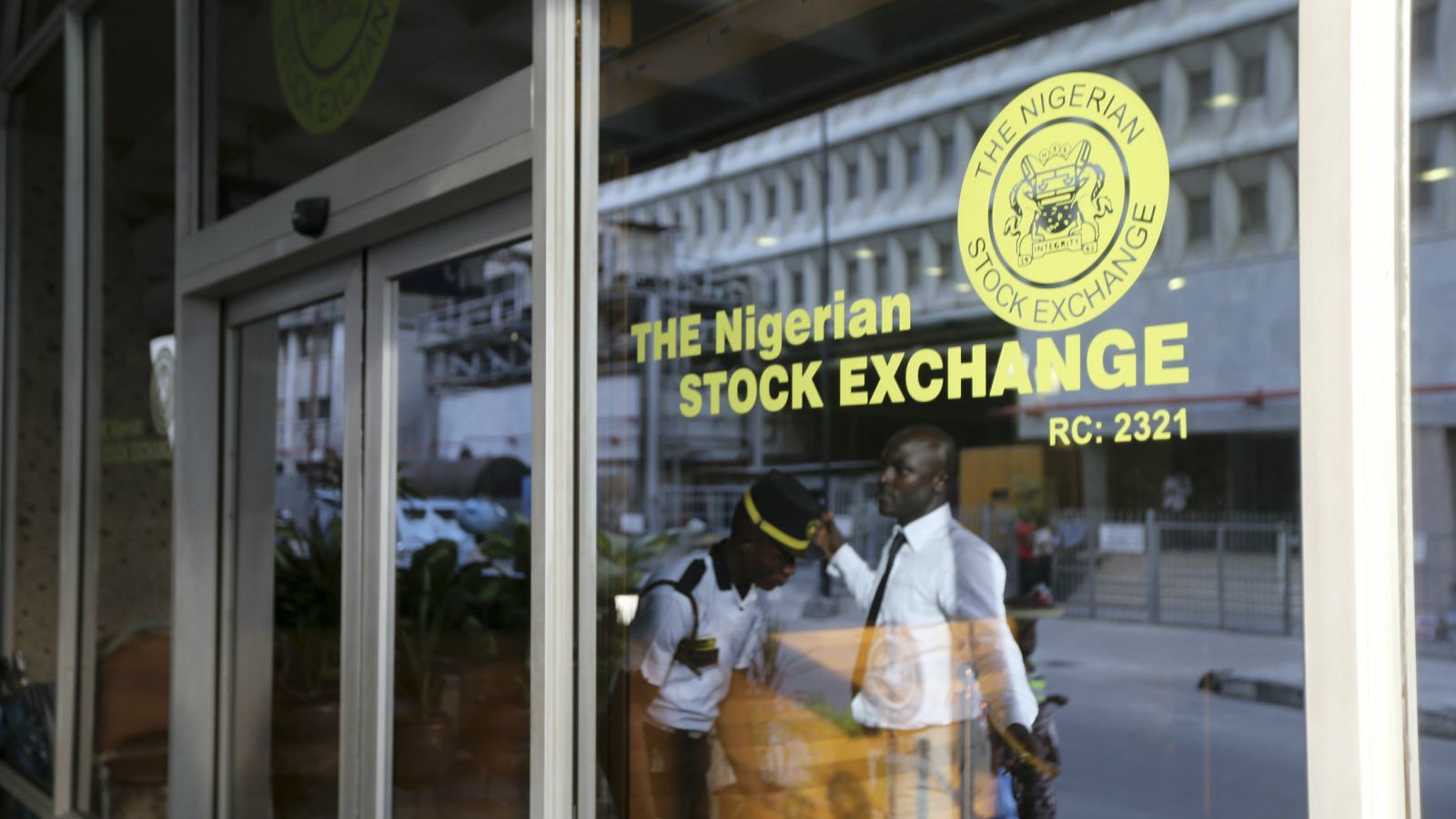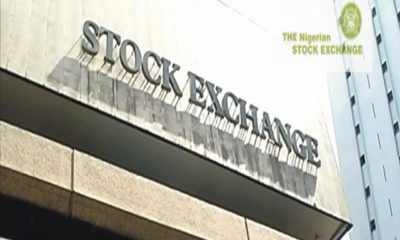The cocoa market is experiencing an unprecedented surge with prices poised to shatter the $15,000 per ton barrier.
The cocoa industry, already reeling from supply shortages and production declines in key regions, is now facing a frenzy of speculative trading and bullish forecasts.
At the recent World Cocoa Conference in Brussels, nine traders and analysts surveyed by Bloomberg expressed unanimous confidence in the continuation of the cocoa rally.
According to their predictions, New York futures could trade above $15,000 a ton before the year’s end, marking yet another milestone in the relentless ascent of cocoa prices.
The surge in cocoa prices has been fueled by a perfect storm of factors, including production declines in Ivory Coast and Ghana, the world’s largest cocoa producers.
Shortages of cocoa beans have left buyers scrambling for supplies and willing to pay exorbitant premiums, exacerbating the market tightness.
To cope with the supply crunch, Ivory Coast and Ghana have resorted to rolling over contracts totaling around 400,000 tons of cocoa, further exacerbating the scarcity.
Traders are increasingly turning to cocoa stocks held in exchanges in London and New York, despite concerns about their quality, as the shortage of high-quality beans intensifies.
Northon Coimbrao, director of sourcing at chocolatier Natra, noted that quality considerations have taken a backseat for most processors amid the supply crunch, leading them to accept cocoa from exchanges despite its perceived inferiority.
This shift in dynamics is expected to further deplete stocks and provide additional support to cocoa prices.
The cocoa rally has already seen prices surge by about 160% this year, nearing the $12,000 per ton mark in New York.
This meteoric rise has put significant pressure on traders and chocolate makers, who are grappling with rising margin calls and higher bean prices in the physical market.
Despite the challenges posed by soaring cocoa prices, stakeholders across the value chain have demonstrated a willingness to absorb the cost increases.
Jutta Urpilainen, European Commissioner for International Partnerships, noted that the market has been able to pass on price increases from chocolate makers to consumers, highlighting the resilience of the cocoa industry.
However, concerns linger about the eventual impact of the price surge on consumers, with some chocolate makers still covered for supplies.
According to Steve Wateridge, head of research at Tropical Research Services, the full effects of the price increase may take six months to a year to materialize, posing a potential future challenge for consumers.
As the cocoa market continues to navigate uncharted territory all eyes remain on the unfolding developments, with traders, analysts, and industry stakeholders bracing for further volatility and potential record-breaking price levels in the days ahead.


 Forex3 weeks ago
Forex3 weeks ago
 Naira3 weeks ago
Naira3 weeks ago
 Billionaire Watch2 weeks ago
Billionaire Watch2 weeks ago


 Naira3 weeks ago
Naira3 weeks ago




 Naira2 weeks ago
Naira2 weeks ago




 Naira1 week ago
Naira1 week ago




 Naira4 weeks ago
Naira4 weeks ago
 Banking Sector4 weeks ago
Banking Sector4 weeks ago




















